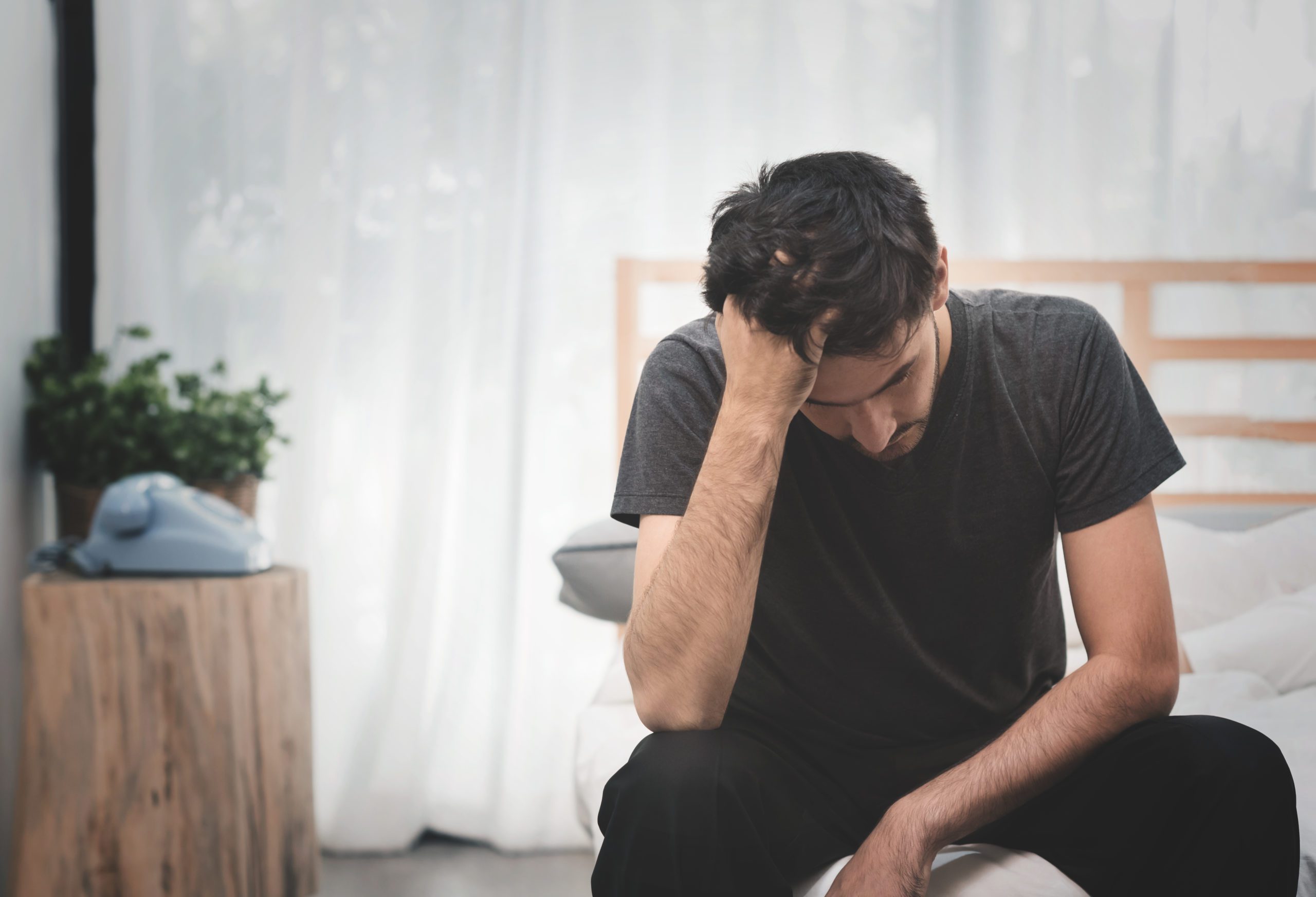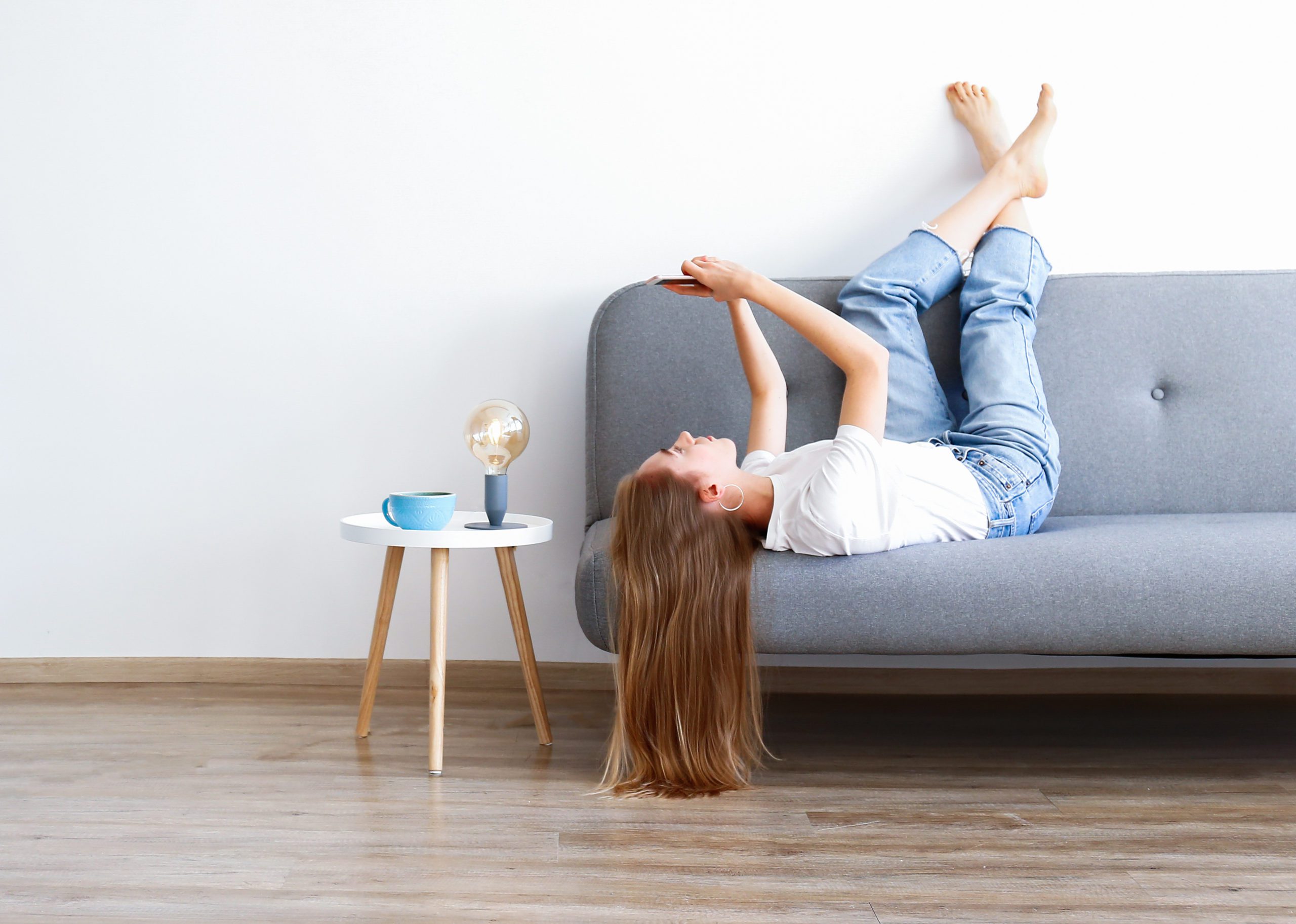So you are caught in the house trying to cope with the new normality. Just as everybody else, right? You’re getting ready for that Zoom meeting, tidying up and fixing your hair when suddenly you notice it. Your brush is full of hair strands. Wha- when did this happen? You are losing hair during lockdown. Nope, you’re not alone. We’ve been there too.
Losing hair during lockdown has become a 2020 trend we are definitely not thrilled for. If this applies to you, read on to discover why it’s happening and how you can regain control of your hair.
Over the last few months since the start of the COVID-19 pandemic, hair loss and hair restoration experts have noticed a troubling pattern: more people have reported losing hair during lockdown. Some of these cases, however, have manifested as a long-term symptom of the sickness itself.
Hair loss from COVID-19 is a reality faced by many who have undergone the illness. But coronavirus or not, hair loss has unarguably become one of the most unpleasant side effects of this pandemic.
The detonators…
Due to the uncertainty in our current global situation, many of us have become increasingly vulnerable to mental stress.
No matter if it’s facing financial difficulties, losing a job, or finding ourselves in extreme loneliness, we are all being forced to deal with a lot, real soon. It’s no wonder that this amount of mental strain has taken a toll upon our physical state, too.

1. Stress
Hair loss due to stress, medically called as Telogen Efflevium, occurs when hair shifts from a growing phase to a resting phase. This takes place around 3-6 months after a “trigger,” which can be either physical or psychological. Common triggers include experiencing a high fever, a chronic illness, a major surgery, severe emotional disorders, anemia, crash diets, hypothyroidism, or drugs.
While we do tend to deal with minor stressors on our daily lives, there’s no doubt that these have definitely risen up with this pandemic.
However, the biggest trigger to the continued hair shedding is the stress created upon noticing the shedding itself. When we begin to notice we are losing hair, our stress levels go up, causing even more hair to fall out.
This vicious cycle is where most people get stuck in when they first notice any hair loss signs. A way to break it is to consider using products that instantly reduce the visibility of those bald spots.
Give yourself a break from the stress caused by visually experiencing these bald patches. By doing so, you give your hair the chance to return to its natural growth phase. No extra added stress.
You may also like: How to deal with stress and prevent hair loss?
2. Illness
When we get sick –with or without COVID-19– our bodies become more sensitive to inflammation, which in turn accelerates hair loss. While ill, we can easily go from a regular shedding of 100 hairs a day, to several hundreds of hairs in just one day. The good news about this type of hair loss is that it’s expected to be temporary, resolving by itself in a period of 6-9 months.
Hair shedding is quite often seen with many types of virus and infection aftermaths. “If you have a viral or other infection, and especially with associated fever, hair shedding is one of the known common sequelae,” Hair Restoration Surgeon Dr. Alan J. Bauman brings up.
3. Changes in nutrition
Believe it or not, our bodies expend a big deal of energy producing hair. Any disruptions in the amount of nutrients we supply it with can affect the quantity and quality of hair follicles in our scalp. It’s important to keep a balanced diet rich in vitamins and minerals that encourage healthy growing hair.
4. The lockdown –literally
With the recent lifestyle disruptions, our bodies and minds have had to adapt to a new way of living. For people who used to be outdoors on a daily basis, the reduction of vitamin D has had a significant impact on their overall physique and mental state.
Drastic changes to our routine can trigger detrimental effects in not just our hair but our other organ systems as well. This is why, even during lockdown, we must try to keep little rituals that provide us with a sense of inner peace.

Will it stop falling out?
The good news about this losing hair during lockdown trend is that it should resolve on its own as the normal hair cycle returns. Be aware that this may take up to 6 months, depending on your health situation and how well you follow up on a specialist’s recommendations. In any case, it’s important that you speak with your physician to rule out any iron deficiency or thyroid disease.
Some steps you can take to avoid further hair shedding are:
– Leaving your hair down. If your hair is weak, it’s already prone to easier breakage and falling. This is when you should diss hairstyles that may add more stress and tension to your hair follicles. Let it free! Once it has regained a little more strength you can go back to your favorite hair-dos.
– Be gentle on your scalp. Taking care of your scalp health is just as important as taking care of your daily nutrient intake. Avoid harsh, scrubbing formulas and instead choose lightweight alternatives that clean and nourish your scalp.
– Go for low-heat settings when styling. Yes, we know how fast and easy a little styling can do to our locks. But if we go overboard with it, heat can damage the healthiest of hairs in no time. Try using your styling tools in the lowest heat setting as possible. Or, take a few days off of them if possible.
– Keep stress levels low. Remember to take a break! The lowest our cortisol levels are, the more energy we will have to produce strong, healthy looking hair.
PS: We are ‘hair’ for you.
See what we did there? Jokes aside, we are genuinely here for you. While hair loss may impact your self-confidence and self-esteem, there’s no reason why you should deal with it on your own.
Don’t hesitate to contact us if you or someone you know is interested in having a hair checkup. Or, if you’re just seeking advice on hair loss solutions for men and women.
Sara Hogan, MD, a health sciences clinical instructor at the David Geffen School of Medicine at UCLA, says: “Hair loss can occupy a large amount of someone’s mind because our hair is something we see. It’s often part of our identity and how others perceive us.”
Nowadays many clinics have implemented COVID-19 support lines to help those who are dealing with the physical and emotional effects of lockdown. You can look up the closest clinic near you via The International Alliance Hair Restoration Surgeons.
Also, if you are into radio shows, be sure to check out Spencer Kobren’s The Bald Truth, where you’ll get important insight on everything hair loss related. From the latest news to the boldest conversations about real-life men dealing with hair loss.
Losing hair during lockdown can be a very uncomfortable, unexpected experience. But remember, we are hair for you! All you have to do is reach out.

